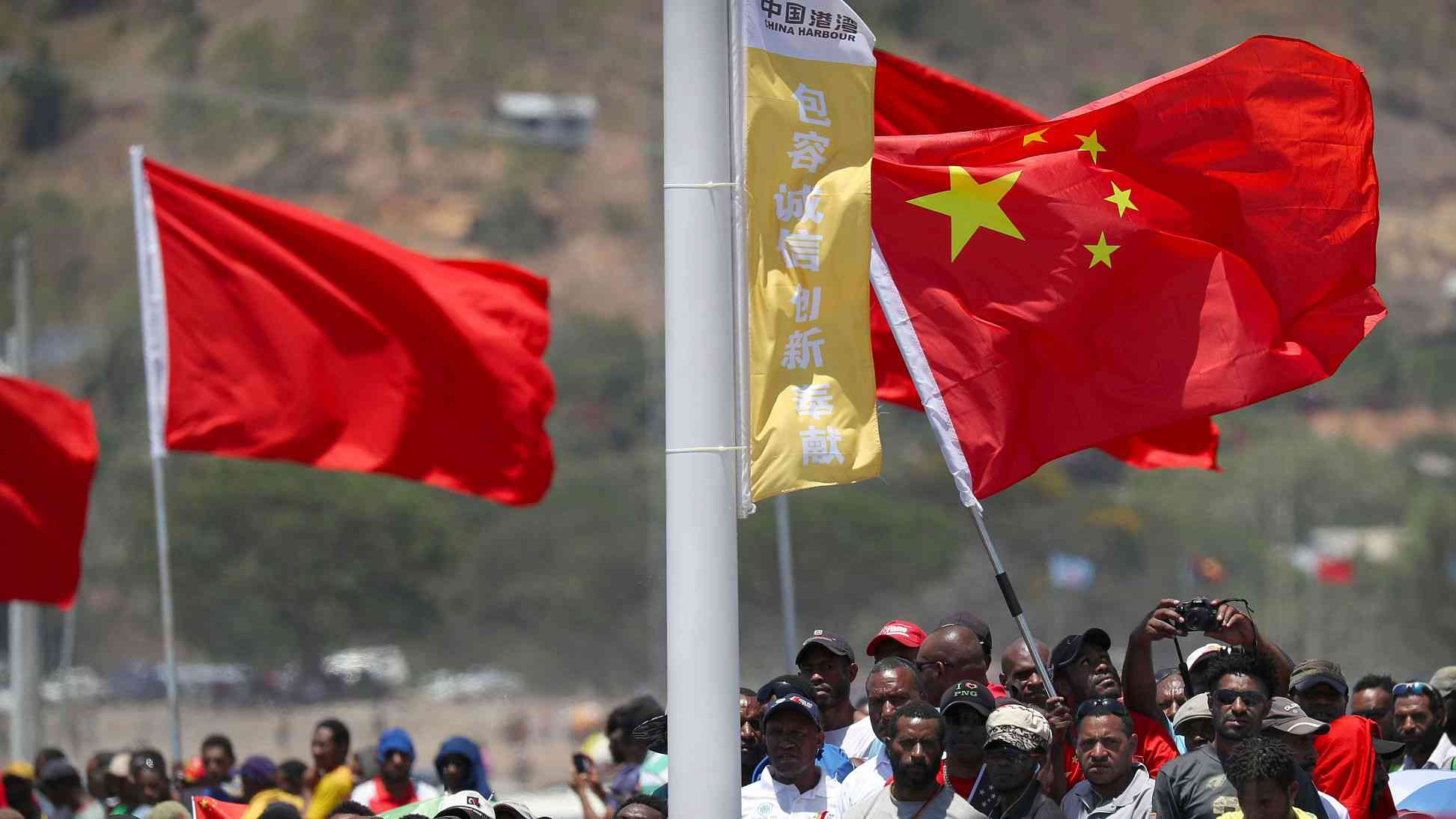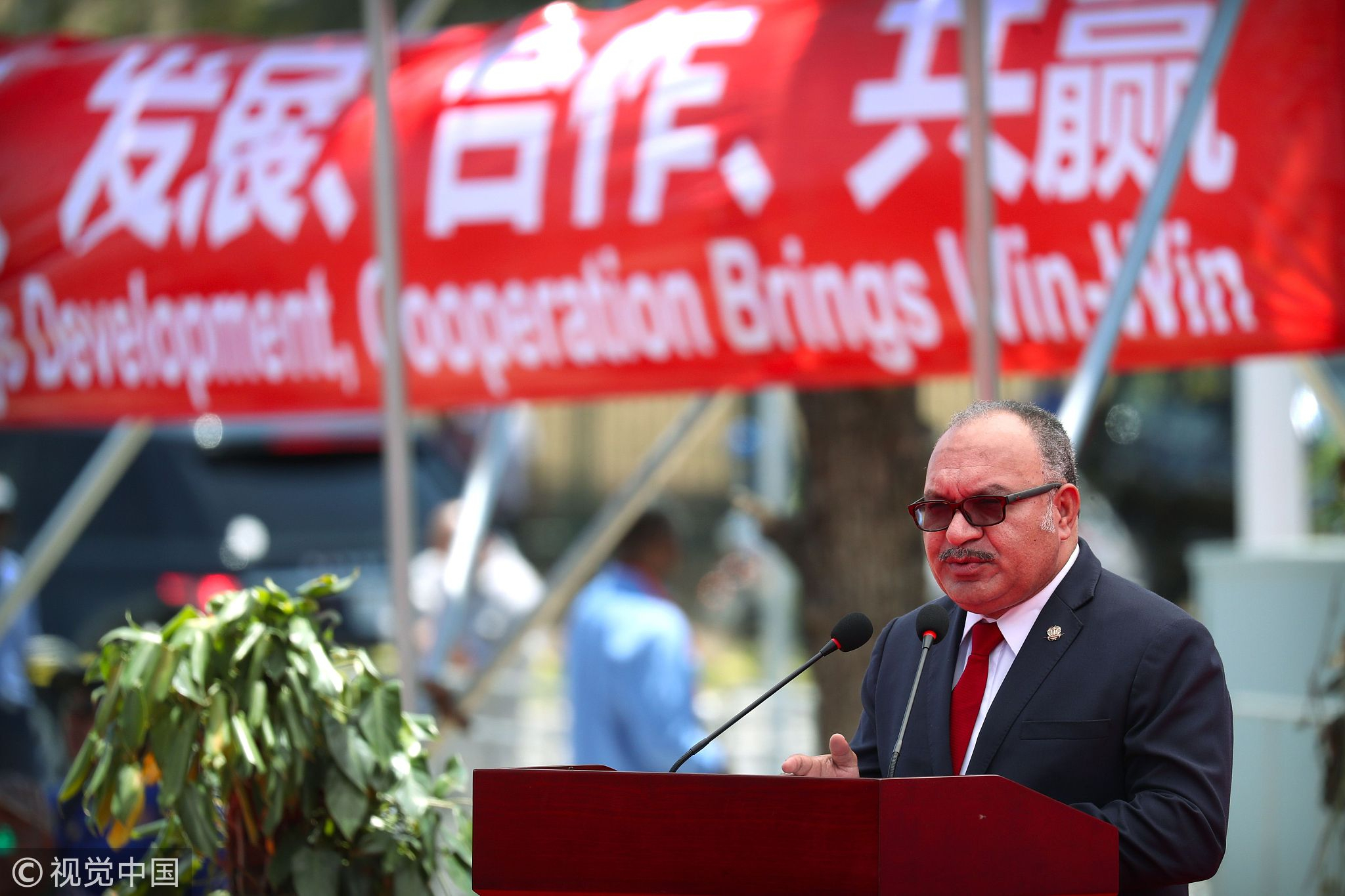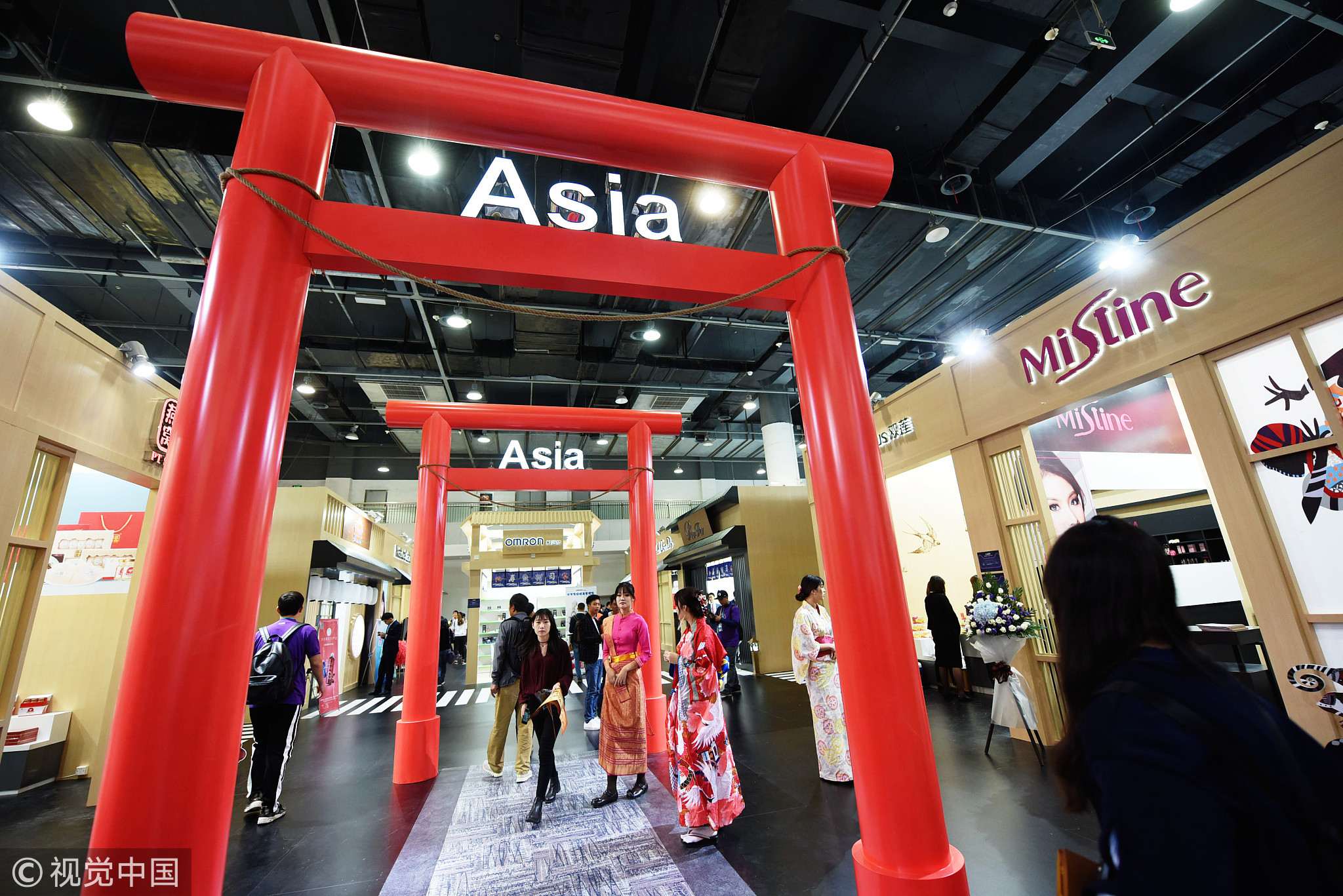
Opinions
16:00, 19-Nov-2018
Opinion: China’s message to APEC is one of inclusive growth
Updated
15:35, 22-Nov-2018
Zheng Zhu

Editor's note: Zheng Zhu is an assistant professor at China University of Political Science and Law. The article reflects the author's opinion, and not necessarily the views of CGTN.
During the Asia-Pacific Economic Cooperation (APEC) meetings in Papua New Guinea's capital city Port Moresby, Chinese President Xi Jinping called on all APEC members to be more committed to openness and cooperation, and say no to protectionism.
President Xi emphasized that the world is facing new opportunities and challenges. While international society is opposed to hegemony and there is demand for open and free trade, global growth is under the shadow of rising protectionism and unilateralism, and the risk of confrontation – be it a cold war, hot war, or trade war – is increasing.
President Xi pointed out that trade barriers have fallen foul of economic rules and historical trends. Calling economic globalization a “must-take path”, President Xi openly criticized trade protectionism as “a short-sighted choice that will lead nowhere”. Rather, cooperation within the region is crucial to the Asia-Pacific common prosperity, and an inclusive growth is the only way out.

Papua New Guinea's Prime Minister Peter O'Neill speaks during a ceremony to mark the opening of Independence Drive Boulevard in Port Moresby, November 16, 2018. /VCG Photo
Papua New Guinea's Prime Minister Peter O'Neill speaks during a ceremony to mark the opening of Independence Drive Boulevard in Port Moresby, November 16, 2018. /VCG Photo
Without a doubt, the China-proposed concept of inclusive growth is a lynchpin of the region's economic prosperity, and a recipe to ease the world's intensifying trade tensions.
First of all, it is an alternative to the US's hawkish attitude toward the world's existing trade system. After Trump came to power, the US not only threatened to walk away from globalization and openly hailed the “American First” policy, but also backed the strategy with its military might. i.e., the US is developing a naval base in Papua New Guinea (PNG) with Australia, which has cast shadow over the region's status quo.
In a stark contrast, the inclusive growth by the Chinese side refers to cooperation and common prosperity. As Beijing constantly promises, all members within the Asia-Pacific region are welcome to share China's economic development through cooperation. In doing so, the momentum of regional integration and prosperity will be maintained.
Secondly, the inclusive growth strategy includes multiple specifics. Apart from a plan to build up an open economy in the area, such as the Free Trade Area of the Asia-Pacific (FTAAP), and the Belt and Road Initiative as a concrete step to boost the connectivity network among APEC member economies, China proposed forging a close partnership to meet common challenges, and continues efforts to implement the 2030 Agenda For Sustainable Development in the region.
Besides, China's vision of inclusive growth is innovation-driven and technology-based. Following internet development, China laid out a Digital Economy Roadmap for the APEC member economies, which includes constructing digital infrastructure, making a digital economy more accessible, and bridging the digital divide.

Visitors are in the Asia pavilion at the China International Electronic Commerce Expo in Hangzhou, September 26, 2017. /VCG Photo
Visitors are in the Asia pavilion at the China International Electronic Commerce Expo in Hangzhou, September 26, 2017. /VCG Photo
China is committed to developing a digital economy in the Asia-Pacific so as to unleash the area's economic growth potential, and in the end, benefit all members along the Pacific shore.
Lastly, Beijing's inclusive growth idea respects all members of the region. China's leadership recognizes the value of diversity, and encourages different nations to choose their own paths for development. In viewing diversity as a source of cooperation, Beijing urges all countries to reject prejudice. By no means will China export its own way of development to other countries regardless of their own contexts.
As uncertainties and confrontation loom larger around the world, the inclusive growth advocated by China perhaps represents the right direction to alleviating confrontation. As it highlights respect, cooperation, and technological advancement, it is perhaps worthwhile for the small economies in the Asia-Pacific to take this proposal more seriously.
(If you want to contribute and have specific expertise, please contact us at opinions@cgtn.com.)

SITEMAP
Copyright © 2018 CGTN. Beijing ICP prepared NO.16065310-3
Copyright © 2018 CGTN. Beijing ICP prepared NO.16065310-3